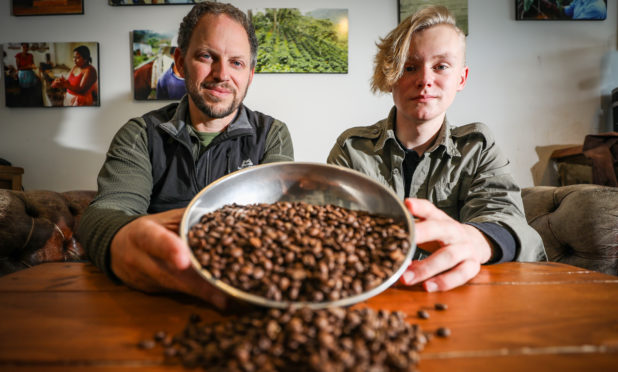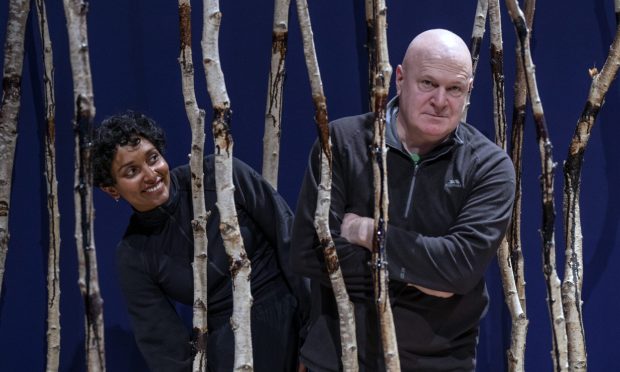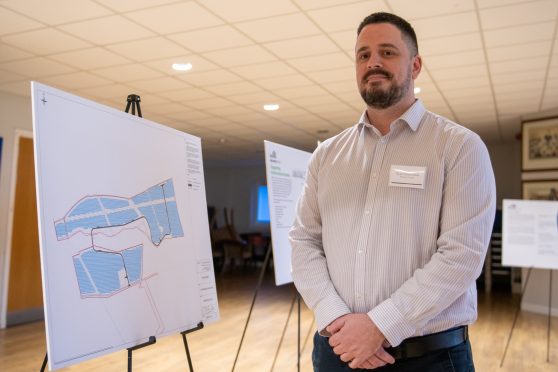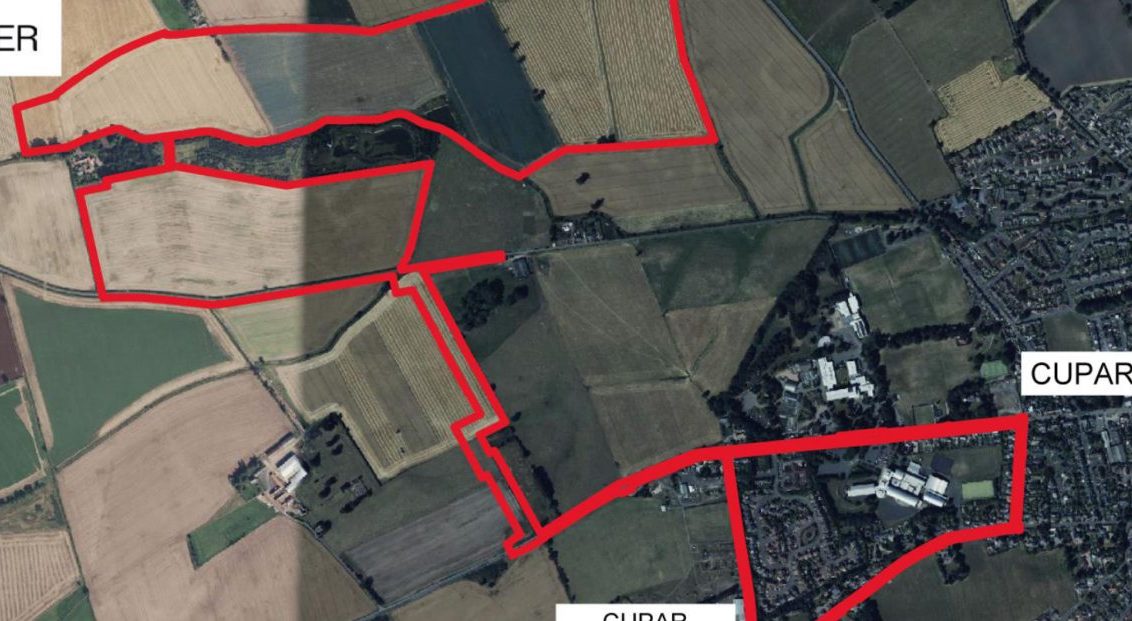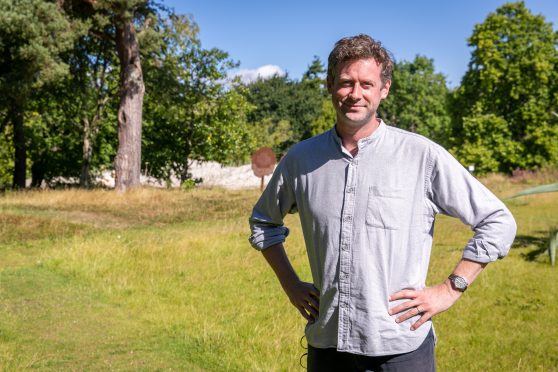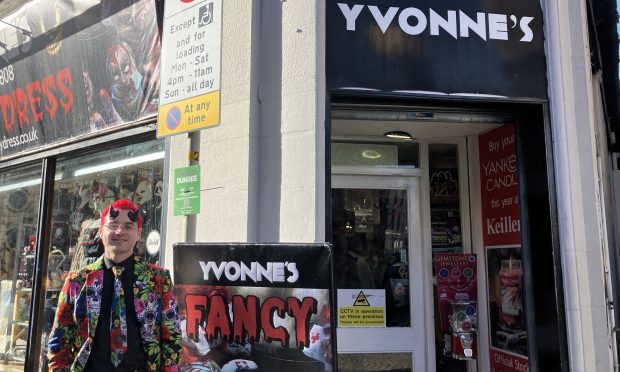An artisan coffee roastery in Highland Perthshire is within touching distance of an highly ambitious climate change target, thanks to a unique partnership with a local school.
Glen Lyon Coffee, based in Aberfeldy, aims to become the first entirely carbon neutral business of its kind in Scotland.
Its innovative partnership with Breadalbane Academy has proved so successful, it could have far-reaching environmental benefits for companies across Britain.
Aware of the long distances coffee has to travel from green beans in producer countries to local cafes, the firm decided to get help from local students to carry out a detailed study of the wholesale business’s carbon footprint over a 12-month period.
Director Jamie Grant worked alongside senior pupil Jay Anderson on research as part of his Scottish Science Baccalaureate course.
Jay’s brief was to research the entire carbon cost of the operation – from shipping green coffee, to roasting and delivering beans to the cafes throughout Scotland to which Glen Lyon supplies.
The 17-year-old even factored in daily staff commutes to work, and international trips to countries from which the coffee originates.
Jamie said as well as providing his company with a detailed carbon audit, Jay developed a software programme he hopes to share with other roasters across the UK.
The computer programme allows businesses to input all the raw date of their activities, including transport, energy use and day-to-day operations, and get an accurate carbon footprint figure.
Having this data will allow firms to implement and track measures to slash their carbon outputs year-on-year, said Jamie.
“It has been a complex project that threw up as many questions as answers.
“As we struggle even to come to terms with the terrible impact that climate change is having on the planet it would be great to see all businesses, small and large, carry out this exercise.
“There really shouldn’t be any exceptions or excuses.
“As carbon polluters we have to take responsibility for our carbon footprint and do what we can to help build a low carbon future.”
The research produced some interesting findings that challenge norms within the coffee bean industry.
For example, shipping is often noted as a “low impact” form of transport but tanker ships use low grade bunker fuel with high sulphur content, that has a much greater impact on the planet than other fuels.
It also emerged shipping on the high seas is not counted in countries’ assessments of carbon emissions, meaning governments are not accounting for the true carbon cost of international trade.
Jay also found small businesses rarely make assessments of their carbon footprints, so there is very little comparable data for analysis.
He showed Glen Lyon Coffee was responsible for the production of nearly 200 tonnes – almost 190,000 kg – of carbon over the 12-month study period.
“This was revised down after research into proportion of green energy generated by our electricity supplier,” said Jamie.
“To offset the carbon produced in this period, we ended up concluding that we would need to plant and maintain 180 trees.”
In response to the findings, the company has already planted for 155 native trees, mainly rowan, birch and Scots pine, in Inverness-shire with the charity Trees For Life.
Later this year, Mr Grant will return to the charity to plant a further 180 trees in Glen Feshie, part of the Cairngorms.
“We will continue to plant a corresponding number of trees to offset our usage year-on-year, which, to the best of our knowledge, would make us the first carbon neutral coffee roaster in Scotland,” he said.
“We are working hard to reduce our carbon footprint, together with the amount of waste we produce.
“We switched over to a fully electric car, a Nissan Leaf, for all our local deliveries in June last year.
“On the packaging front we have gone over to 100% compostable kilo coffee bags this year, as another step to our commitment to zero waste.”
Last year, Jamie took part in a Dragon’s Den style contest at Breadalbane Academy to encourage a new generation of entrepreneurs.
